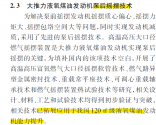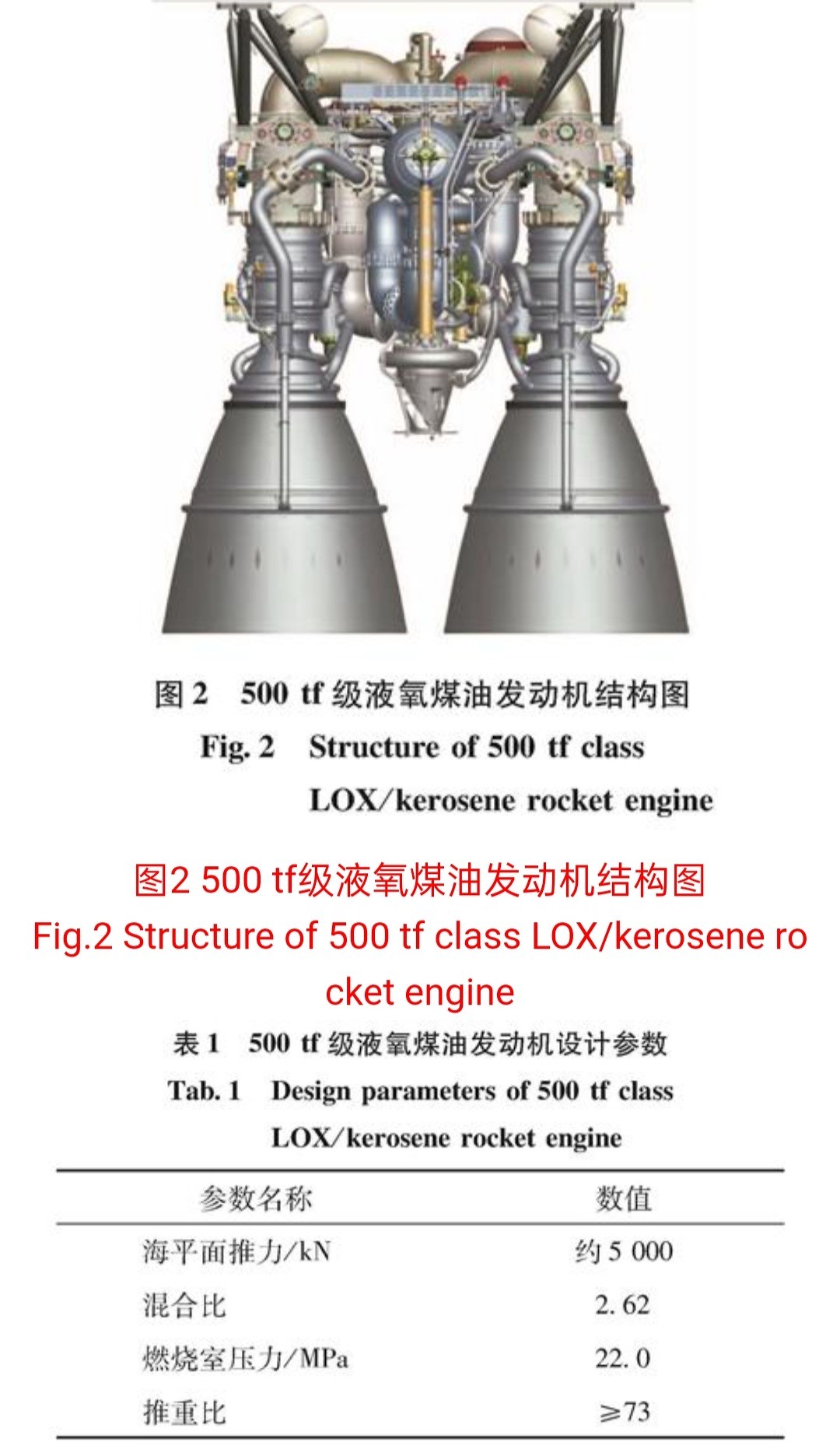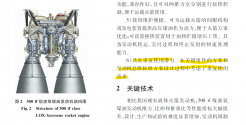Maybe just because Chinese engineers learn from the history, sometimes you need separate the development process of the rocket and engine. You must finish some projects first, then do the next.But they are continuing the development of YF-130, YF-90 and YF-79 engines. Non of those engines are used in proposed new versions (v21/v22). If not for CZ-9 v11, what other use they have for YF-130. It is too big for anything else. It could be that they are continuing these engines just as a learning exercise to add to their engine building experience.
Another possibility is that they are going to continue to build a few v11s to keep up with the timeline and then retire v11 when v22 comes along. The engine development for v11 is far ahead compared to the new engines proposed for v21/v22. They could be working on 11 and 22 in parallel.
Now that CZ-5DY is coming up CZ-9 will not be required for the human moon landing. It will be needed only for the moon base construction phase.
You are using an out of date browser. It may not display this or other websites correctly.
You should upgrade or use an alternative browser.
You should upgrade or use an alternative browser.
China's Space Program News Thread
- Thread starter crazyinsane105
- Start date
- Status
- Not open for further replies.
"Confirmed: Chinese rocket company iSpace suffers third consecutive launch failure"
Where did you pull out that $10B price tag? It is crazy^10.I cannot imagine a replacement for a rocket cost $10B per launch. lol. it's crazy^2.
China doesn't approve technologies beyond what it can confidently build. It's very conservative in this regard. If this engine has been approved then it's comfortably within China's capability.Actually inside Chinese fans there are also concerns about the extra-high performance of the new rockets. Any new equipment must be achievable first. Setting a too high performance is not a good way to success.
The tech of "gimbal behind turbine pump" of YF-100K is developed in YF-130 program.

This indicate that YF-130 and in the same way YF-90 programs are not just two engines, but rather building the foundation of future Chinese space industry. Even if they don't see broad usage, they are still everywhere in future Chinese rockets.
In the same manner, as I keep saying, every new CZ rockets are CZ-5.

This indicate that YF-130 and in the same way YF-90 programs are not just two engines, but rather building the foundation of future Chinese space industry. Even if they don't see broad usage, they are still everywhere in future Chinese rockets.
In the same manner, as I keep saying, every new CZ rockets are CZ-5.
1) the main reason is there would be only two launches of LM-9 in the 2011 plan. LM-9v11 is too expensive to go anywhere but moon so all development cost would be calculated in the 2 launches. The estimated cost for the whole moon program in 2011 is ~¥100B.Where did you pull out that $10B price tag? It is crazy^10.
2) they need to rebuild all infrastructure. There’s no big-enough test stand for the 500tons engine even now(highly likely forever)
3) a space shuttle($3B per tail, LM-9v11 is non-reusable) needs 3x SSME while the big white elephant needs 2. An Atlas-5($0.25B) needs 1x RD-180 but it needs 4. It also needs a kind of engine which I doubt if anybody can build in two decades (similar to RL-60), let alone their poor record in developing YF-77, a pretty simple one compared with above mentioned engines.
Last edited:
If that’s what they want to do, they should follow SpaceX rather than ULA, build a Starship rather than SLS. Lol. I’m absolutely sure a Raptor peer can build their foundation very solid.rather building the foundation of future Chinese space industry.
99.9% of those fans do not have any direct knowledge of what is happening in Chinese space industry. Their only knowledge of China's bad performance such as CZ-5Y2's failure was because CASC told them. On the other hand, when CASC told them that China is making one of the best engine in the world, they somehow get the doubt that CASC can do it.Actually inside Chinese fans there are also concerns about the extra-high performance of the new rockets. Any new equipment must be achievable first. Setting a too high performance is not a good way to success.
To these fans everything goes this way: China reports failure, this must be a proof of China incapable of doing advanced things, therefor they are concerned. On the other hand SpaceX reports "anomaly", this must be the proof of openness and confidence, therefor there is nothing to worry when Starship would put its promised payload to the orbit, no matter how many times it is delayed and capacity scaled down.
- Status
- Not open for further replies.




